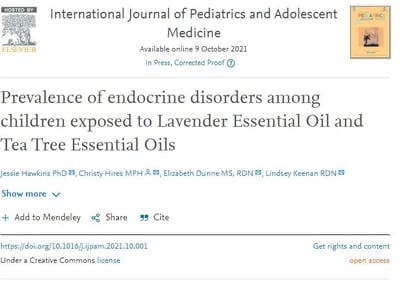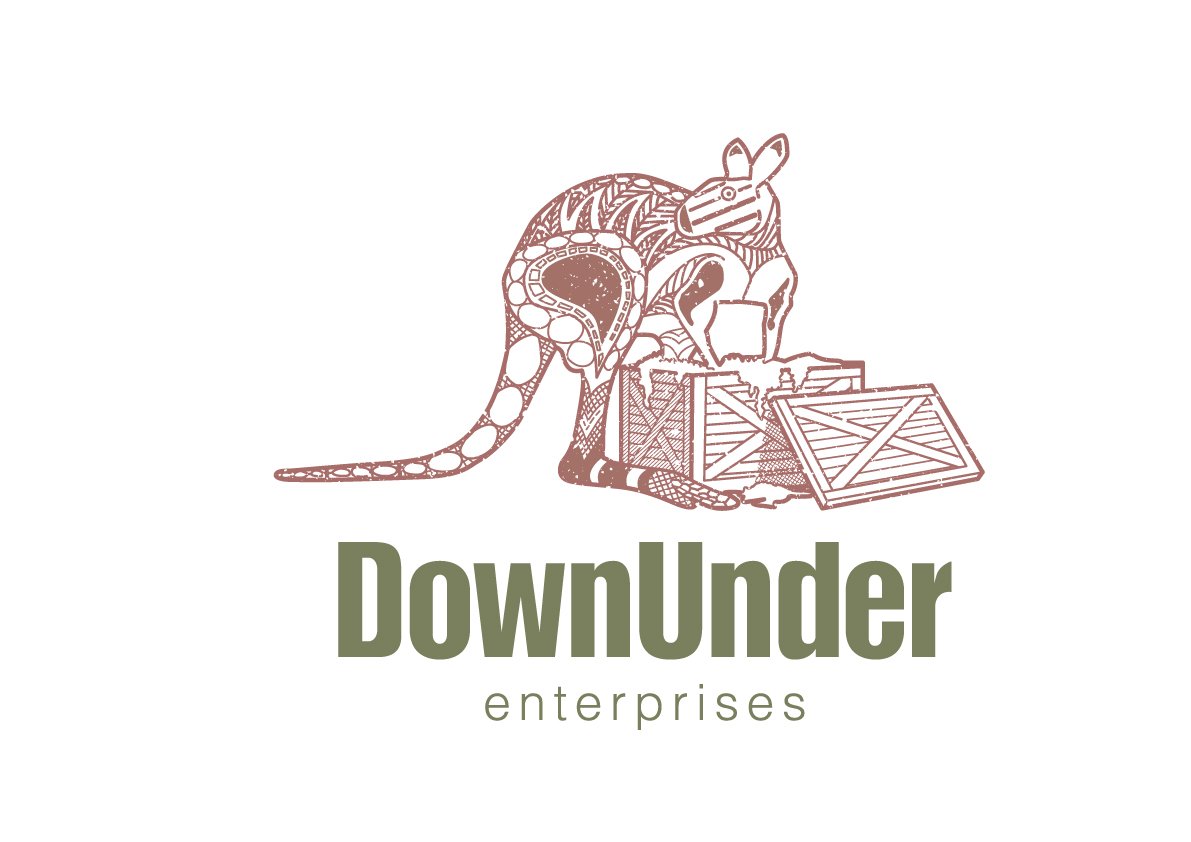Scientists Confirm: Tea Tree Oil Unrelated to Hormone Disruption
For over a decade, parents and clinicians have been told that Lavender Oil and Tea Tree Oil may cause pre-pubertal gynecomastia and other hormonal disorders in children, despite a lack of rigorous evidence to support this claim.
The results of a new study by Hawkins et al., from the Franklin Health Research Centre (USA) conclusively rules out Tea Tree Oil and Lavender Oil as endocrine disrupters.
Previous studies by Henley & Korach (2007), Diaz (2016), and Ramsey & Korach (2018) purported a causal link between Tea Tree Oil, Lavender Oil and endocrine disruption in children. Those studies – in vitro and limited case studies – were refuted by many other scientists and clinicians. The main concerns related to limited data, potential contamination of experimentation methods (false positives), or using products which did not contain either essential oil. However, without solid epidemiological evidence to refute the claims, the sensationalist headlines remained and were widely publicized.
Solid epidemiological evidence refuting these claims has now been published. The results are clear – neither Tea Tree Oil nor Lavender Oil have any endocrine disruptive effect on children. The paper, titled “Prevalence of Endocrine Disorders Among Children Exposed to Lavender Essential Oil and Tea Tree Essential Oils” has unequivocally confirmed that no such association with these Essential Oils exists. Here’s a link to this OPEN ACCESS paper.
"...lavender essential oil and tea tree essential oil are safe ingredients in formulations for personal care products used on children.
Prevalence of Endocrine Disorders Among Children Exposed to Lavender Essential Oil and Tea Tree Essential Oils Hawkins et al

The authors concluded: "The proposed links between these ingredients and endocrine disruption cannot be substantiated in epidemiological studies."
Hawkins et al, 2021
Prior to publishing this landmark paper, Hawkins et al. conducted a systematic review of all published papers of clinical studies on the topic and found there was no relationship between these Essential Oils and Endocrine Disruption. In fact, the authors noted extensive bias in a number of papers attempting to draw clinical associations. The results of this systematic review were published in 2020 in the journal Complementary Therapies in Medicine. Here’s a link to this OPEN ACCESS paper.
Recognition of this potential clinician observer bias lead Hawkins et al. to develop an objective questioning tool, APICHS, the validation of which they published early in 2021in the Journal of Environmental Public Health, in a paper titled “Recall and Interviewer Bias in Parental Report of Pediatric Exposure to Aromatic Plant Ingredients in Personal Care Products: Development and Validation of a More Accurate Approach”. Here’s a link to this OPEN ACCESS paper.
This exhaustive study by Hawkins et al. concluded that Tea Tree Essential Oil is a safe ingredient and presented no risk of endocrine disruption in formulations for personal care products used on children. There is no increased risk versus the background US population of children (2 – 15 years old). Product manufacturers, parents, and clinicians alike should now feel very comfortable in the use of personal care products containing Australian Tea Tree Oil for children.
For more details on Tea Tree Oil and the study, please read the Press Release from ATTIA and visit our webpage dedicated to this topic.



No Comment